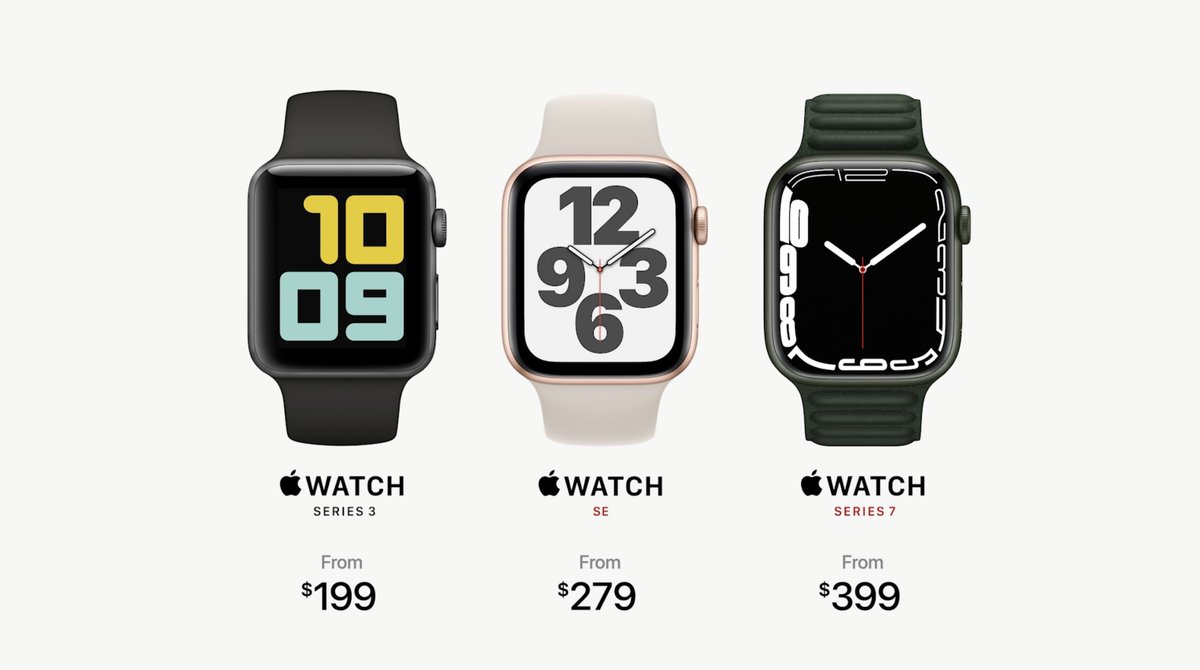
President Biden’s vaccine requirement for employers grabbed all the headlines last week.
But another overlooked initiative could play a pivotal role in reducing the spread of Covid-19.
A thread on the dramatic expansion of affordable at-home testing.
But another overlooked initiative could play a pivotal role in reducing the spread of Covid-19.
A thread on the dramatic expansion of affordable at-home testing.

First, what is an at-home Covid test?
Rather than having a health professional get all up in your nostrils, you can swab yourself and get the results in less than an hour.
Rather than having a health professional get all up in your nostrils, you can swab yourself and get the results in less than an hour.
At-home rapid tests (known as “antigen” tests) are less reliable than the lab-based PCR test, but experts say they can be an extremely useful tool for allowing life to proceed semi-normally.
Problem is, in the US, over-the-counter rapid tests are expensive and scarce. Abbott Laboratories sells a two-pack for $24 and Quidel’s QuickVue sells a test for $15. 

But even if you are willing to shell out for one, good luck finding a rapid test on pharmacy store shelves or on e-commerce websites, where they’re often sold out. 

Shocker, but the US is behind the curve
In Israel, 8,000 students stayed at home after testing positive using rapid antigen swab tests. That allowed 180,000 of their classmates to stay in school and avoid quarantining, the country’s Education Ministry said.
In Israel, 8,000 students stayed at home after testing positive using rapid antigen swab tests. That allowed 180,000 of their classmates to stay in school and avoid quarantining, the country’s Education Ministry said.
Germany has distributed free tests since the winter, and UK pharmacies are also handing out free tests.
India, which has fewer resources than the US, is selling rapid tests for $3.50.
India, which has fewer resources than the US, is selling rapid tests for $3.50.
The Biden administration will spend $2 billion on 280 million rapid tests and distribute them to facilities across the country.
The White House also inked an agreement with Walmart, Amazon, and Kroger to sell tests at-cost (around a 35% discount) for the next three months.
The White House also inked an agreement with Walmart, Amazon, and Kroger to sell tests at-cost (around a 35% discount) for the next three months.
Zoom out: Michael Mina, a Harvard epidemiologist who’s been arguing for more at-home tests since last year, said Biden’s plan was a “good start,” but it still represents less than one test per American over the course of a year.
morningbrew.com/daily/stories/…
morningbrew.com/daily/stories/…
• • •
Missing some Tweet in this thread? You can try to
force a refresh














